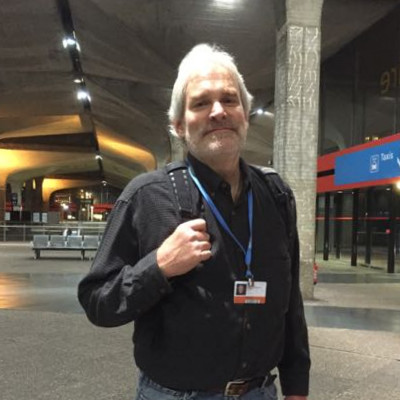
The revelation of the Panama Papers last week is at once both not surprising and deeply disturbing.
Of course it's no surprise that those among the world's most wealthy and powerful people, including top business and government leaders, use whatever means at their disposal to protect their wealth from the vagaries of economic, social and policy constraints. On the other hand, it is a stark reminder of the need to redouble our efforts to align our values with our functioning global economy if there is any hope of achieving our higher aspirations. That's the concept my colleagues here at TriplePundit have encouraged for more than a decade -- that the triple bottom line is the true measure of wealth.
In his work on why civilizations collapse, Jared Diamond cites a core element of risk that has felled past civilizations and now threatens our own: the conflict between the "short-term interest of the elites and the long-term interest of the whole society." These elites, Diamond explains, "correctly see the signal" in the economy to pursue these short-term interests for their own gain, even to the detriment of the society within which their wealth is generated.
I argue that the gap is closing on the long-term consequences from the sole focus on short-term gain. It is my aim over the next few weeks to look at where we are, what we need to do, and what we are already doing to make sustainable development a reality.
Citizen journalism: Exploring sustainable development
Beacon is a crowdfunding platform for journalists. I've just launched a campaign on Beacon to develop a series of articles and interviews with global leaders in government, business and academia at the GRI Global Conference in Amsterdam this May.
This project builds on my work interviewing U.N. advisor Amina Mohammed in September and GRI CEO Michael Meehan while at COP21 in Paris.
We'll look at the Sustainable Development Goals adopted by the U.N. last year as well as the Paris Agreement signed at COP21. We want to examine how these frameworks create a platform for progress not only as aspirational goals, but also by defining steps for real action on the ground -- from economics and governance, to human rights and environmental stewardship. What’s important in this conversation is the evolving role of the private sector and indeed the collaborative efforts of all sectors of society (as reflected in both the Sustainable Development Goals and the Paris Agreement).
The upshot is that growing transparency and information-exchange in both the public and private sector (Panama Papers notwithstanding) and a comprehensive, integrated set of global goals for sustainable development hit a crucial juncture in 2015. But the forces and tendencies for business-as-usual remain strong and will not be easily overcome, especially in the timeframe required to avoid the risks Diamond describes.
TriplePundit has been generous enough to let me tell you about this project, and I am grateful to them for that, as well as the opportunity they've given all of us to engage in this conversation over the years. Please consider offering your support to this project and sharing it with your friends and colleagues.
Image credit: Steven HSVA, creative commons courtesy Flickr

Tom is the founder, editor, and publisher of GlobalWarmingisReal.com and the TDS Environmental Media Network. He has been a contributor for Triple Pundit since 2007. Tom has also written for Slate, Earth911, the Pepsico Foundation, Cleantechnia, Planetsave, and many other sustainability-focused publications. He is a member of the Society of Environmental Journalists














